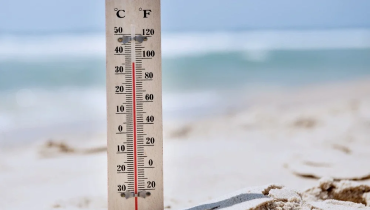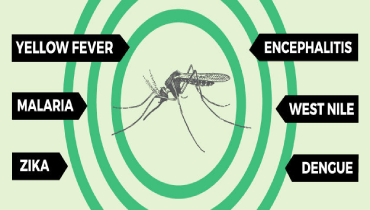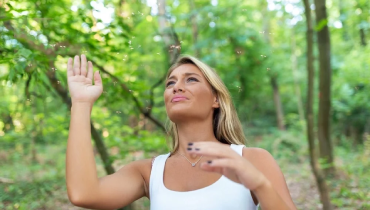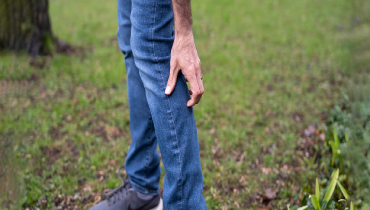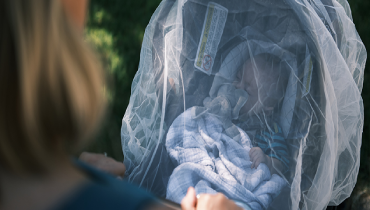Cold winter weather is the ultimate mosquito protection — mosquitoes die, migrate, or go dormant when the mercury falls
Learn moreMosquito Joe® Blog
Shared Resources for Your Pest Control Needs
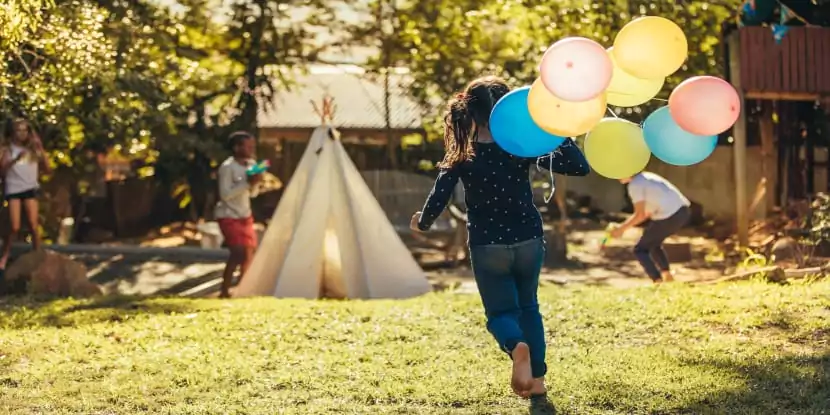
EPA PESP Gold Member Status: A Milestone in Environmental Stewardship
We’re thrilled to announce that Mosquito Joe has achieved Gold Status within this program, a prestigious recognition reserved for “outstanding environmental stewards.
Showing 61 Results for Mosquito Control
Nov 24 2020
Nov 17 2020
As you take your dog for a walk in the park, you can’t help but notice the thick, impenetrable fur coat.
Learn more
Nov 11 2020
Is there anything worse than the red, swollen, itchy welt left behind by mosquitoes? It turns out, there is. Those bites can be
Learn more
Oct 27 2020
Do mosquito bites ever seem to appear out of thin air? After all, you wear clothing each day and still wake up with red, itchy welts.
Learn more
Jul 27 2020
Mosquitoes are a nuisance when they’re buzzing around when you’re outdoors. However, if you’re a new parent,
Learn moreBlog Category
About Mosquito Joe®
Since 2010, Mosquito Joe® has provided mosquito and pest control services for residential and commercial customers nationwide. Our team of trained pest control experts is dedicated to getting rid of mosquitoes and other pests so you can make outside fun again. Our team of trained field professionals knows how to get the job done swiftly and thoroughly, leaving a noticeable absence of biting insects.
Find a Mosquito Joe Near Me
Let us know how we can help you today.
*Indicates a required field
Call us at
(855) 275-2563

